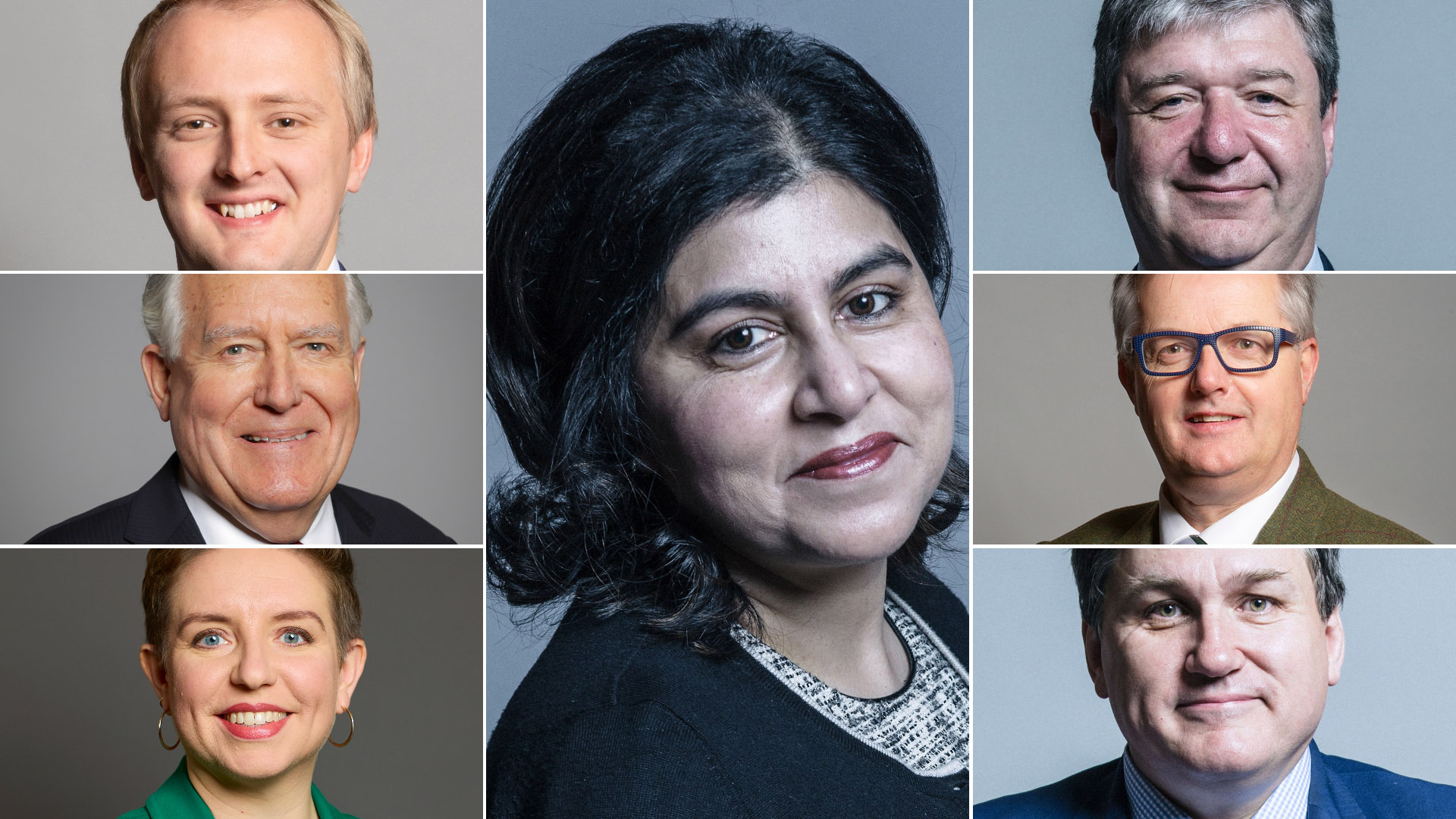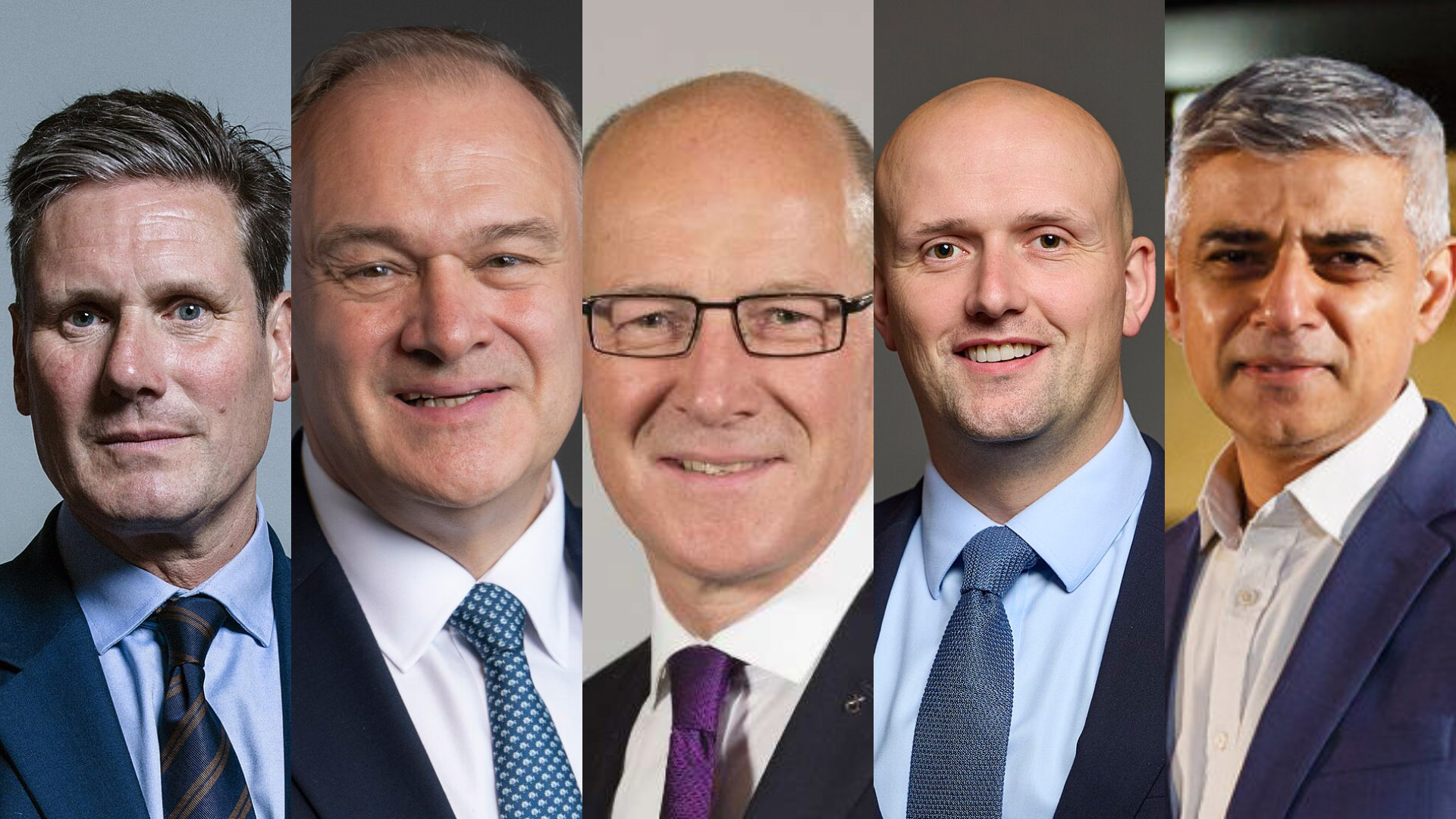
Elham Asaad Buaras
While the debanking of Nigel Farage sparked widespread political controversy, Muslim charities in the UK are facing a far less visible but equally pressing crisis: the abrupt closure of their bank accounts without warning or explanation. According to a report by the Muslim Charities Forum (MCF), these organisations are struggling to maintain basic financial operations, with many unable to open new accounts or transfer funds effectively.
The report, produced in collaboration with the University of Aberdeen, reveals alarming findings. Of the 19 Muslim charities surveyed, 68 percent reported difficulties in opening bank accounts, 42 percent experienced a complete withdrawal of banking services, and another 42 percent faced significant obstacles in transferring funds. These disruptions have led to delayed payments, directly hindering humanitarian operations and, in some cases, putting lives at risk.
The report includes anonymous testimonies from affected charities, highlighting the devastating impact of debanking. One organization operating a hospital in a conflict zone was unable to pay its medical staff for two months. Another charity, providing support for Syrian refugee children battling cancer in Turkey, suffered a year-long payment delay, severely compromising the delivery of critical care. A third charity received an eviction notice for a shelter housing vulnerable people after being unable to process payments on time.
Beyond halting essential projects, the banking restrictions have eroded trust between charities and their partners. The report found that 44 percent of respondent charities experienced damaged relationships due to delayed transactions or account closures. This financial uncertainty hampers collaboration and undermines the effectiveness of charitable missions.
The consequences of debanking extend far beyond inconvenience—they pose tangible dangers. One charity recounted a particularly harrowing experience: “Our charity was operating in the Middle East, and payments were repeatedly held up by banks. Because of these delays, local vendors would come to our field offices demanding payment at gunpoint, putting the lives of our workers at risk.”
Despite their relatively small representation in the UK charity sector, Muslim organizations play a vital role in philanthropy. Surveys indicate that Muslims donate more than any other faith group. Yet, without access to bank accounts, these charities find themselves in legal limbo, as operating without proper financial services constitutes a breach of UK regulations.
The Muslim Charities Forum report identifies five key issues exacerbating the problem: alleged Islamophobia, the prevalence of “highly common” names on terrorist watchlists, increasingly risk-averse banking policies, the high-risk nature of working in conflict zones, and broader challenges in complying with banks’ due diligence requirements.
Authored by Abdulsami Arjumand, the report underscores the role of structural Islamophobia, suggesting that Muslim-led charities are disproportionately scrutinised and penalised despite a lack of evidence indicating wrongdoing. Among its key recommendations is the call for mandatory anti-racism training for bank staff to refine decision-making processes and reduce the impact of discriminatory practices.
Banks, however, maintain that their actions stem from regulatory obligations rather than prejudice. UK Finance, the banking lobby group, insists that decisions to restrict or terminate accounts are made carefully and solely to comply with financial regulations.
David Raw, Managing Director of commercial finance at UK Finance, stated, “We want the process of opening and managing a bank account to be as clear and straightforward as possible and welcome engagement from charity organizations.” He added that, following the report’s release, UK Finance had reached out to the MCF to discuss the sector’s concerns.
Unlike countries such as Belgium, France, and Italy, the UK offers no legal right to a bank account, leaving charities without guaranteed financial access. This issue was also highlighted by the Financial Conduct Authority (FCA) in its 2023 investigation into debanking, which questioned whether all individuals and organizations should have the right to an account.
The political reaction to debanking intensified after Nigel Farage’s account with Coutts was closed due to reputational risk concerns. In response, the previous Conservative government pledged “tougher rules to stamp out debanking,” though no legislative changes have been enacted. The Treasury has since reaffirmed its commitment to introducing new laws aimed at enhancing customer protections.
In a statement to The Muslim News, a Treasury spokesperson stated, “Banking services fulfill a vital role in the lives of millions of people and businesses across the UK, and the government is committed to bringing forward legislation to enhance customer protections in cases where their bank account is terminated by their provider.”
While upcoming reforms are expected to mandate clearer explanations and longer notice periods for account closures, the government has stopped short of supporting the MCF’s call for a legal right to basic banking services for charities.
Responding to the findings, the FCA acknowledged the ongoing challenges faced by some groups in accessing bank accounts.
“We recently set out clear expectations on account access and have been actively engaging with the sector to ensure that these are being met. Smaller charities will benefit from the protections of the consumer duty, and we continue to monitor data on account access,” the FCA stated.
However, in a statement to The Muslim News, a Muslim Charities Forum spokesperson welcomed this engagement but stressed the need for urgent action: “The FCA has engaged with MCF on the broader issue of financial inclusion, which is encouraging. However, while we understand their desire to fully grasp the complexities involved, concrete actions are urgently needed. The restrictions placed on charities have far-reaching consequences, especially in crisis response work, such as the ongoing humanitarian crisis in Syria. The situation in Syria remains incredibly difficult, and millions lack access to basic necessities. While we commend the FCA for convening discussions between the Third Sector and the financial sector, any meaningful conversation must be honest, transparent, and solution-oriented to address the root causes of de-risking.”
Since the report’s release, the Muslim Charities Forum said there has been cautious optimism among Muslim charities, but many remain wary of speaking publicly.
“There is a sense of hope within charities that meaningful change is possible. However, many remain hesitant to speak publicly due to the risks involved, whether reputational damage, operational disruptions, or further financial exclusion. The barriers they face are not just bureaucratic inconveniences; they fundamentally affect their ability to deliver life-saving aid and support vulnerable communities. This further underscores the urgent need for fairer and more transparent banking practices.”
On the policy front, the MCF criticised the government’s lack of concrete action: “So far, we have not seen any meaningful government pledges addressing these challenges. Instead, the trend has been one where risk is increasingly shifted downstream onto charities, creating a financial environment where banks are effectively discouraged from providing them with services. Policymakers must take decisive action to reverse this ‘hostile financial climate’ for charities. Whilst tackling financial crime is paramount, it cannot come at the expense of charities. There needs to be a fairer balance.”
– Legal protections for charities to ensure their ability to operate is not arbitrarily restricted by financial institutions.
– Improved communication and support from banks so that charities with financial control shortcomings can work towards compliance rather than face abrupt service withdrawals.
– Targeted regulatory reforms that balance financial crime prevention with the need for a sustainable and equitable banking environment for charities.
The Muslim Charities Forum emphasised that Muslim charities are not asking for special treatment but for fairness: “Muslim charities support the need for strong regulation and oversight. They are not asking for special treatment, just for fair treatment. We are hopeful that with continued engagement, solutions will emerge to ensure that charities can carry out their humanitarian work without fear of financial exclusion.”

